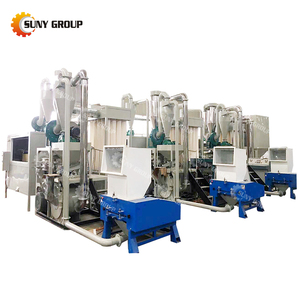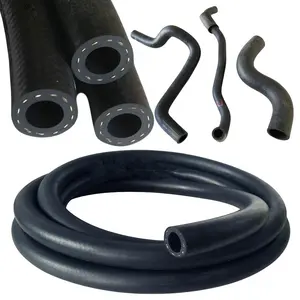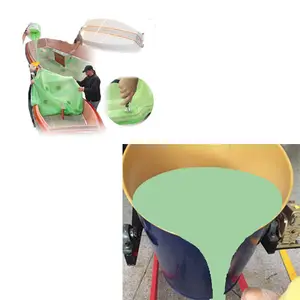Popular in your industry





























































































































































































































Top categories
About acp scraps
Understanding ACP Scraps
Aluminum Composite Panel (ACP) scraps are remnants from the manufacturing and utilization of ACP, a versatile material commonly used in the construction and signage industries. These scraps are sought after for recycling and repurposing, aiding in waste reduction and promoting sustainable practices within various sectors.
Types and Forms of ACP Scraps
ACP scraps come in various forms, including wheels, wires, cubes, and bars, each offering unique storage and transport efficiencies. The diversity in shape ensures that scraps can be adapted for different recycling processes, making them a practical choice for businesses looking to manage their waste effectively.
Applications and Features
The application of ACP scraps is extensive, ranging from being melted down for new components to creating lightweight alloys used in commercial and industrial capacities. Their adaptability allows for a wide range of uses, from new parts fabrication to the creation of alloy mixtures with varied purity levels to meet specific industry requirements.
Material Advantages and Sustainability
Utilizing ACP scraps offers a dual advantage: cost-effectiveness and environmental sustainability. These materials support industries in achieving greener operations by repurposing metal waste, thereby minimizing the ecological footprint of manufacturing activities.
Storage and Transportation Efficiency
The physical properties of ACP scraps make them ideal for efficient storage and transportation. Pressed or compacted scraps maximize space, simplify handling, and can significantly reduce logistical costs, contributing to a more streamlined recycling process.
Global Sourcing and Environmental Impact
ACP scraps are sourced globally, offering a wide selection to meet the recycling and manufacturing needs of various businesses. Choosing these materials not only supports cost-saving measures but also reflects a commitment to environmental stewardship by reducing industrial waste.


































